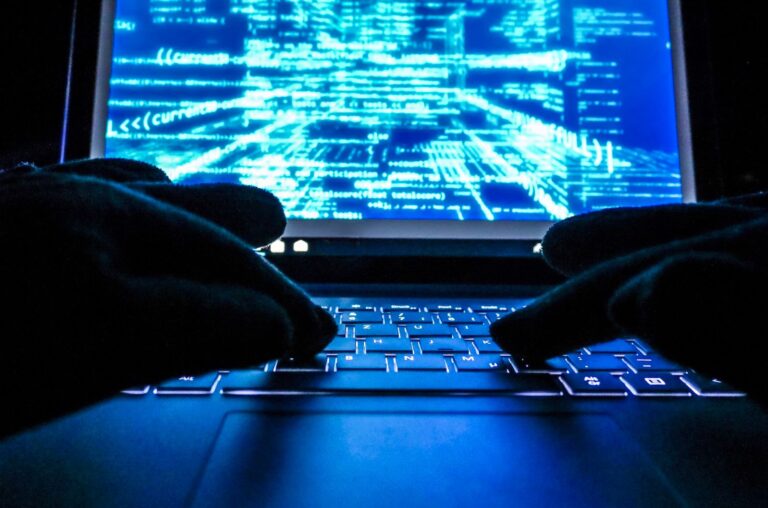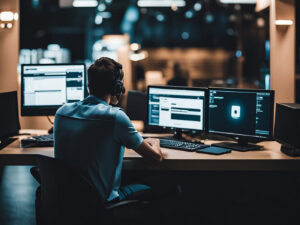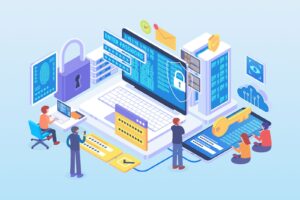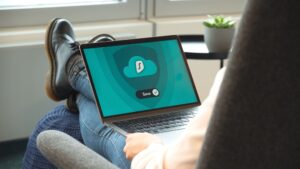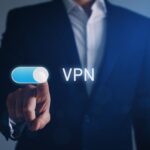Do you ever worry about whether your VPN is tracking your history? You should. Some VPNs are more privacy-focused than others, and some do not track your history at all. That being said, even the most privacy-focused VPNs will likely still keep some logs of your activity. This is usually for troubleshooting purposes or in case of abuse. In this blog post, we will explore whether VPNs track what you do.
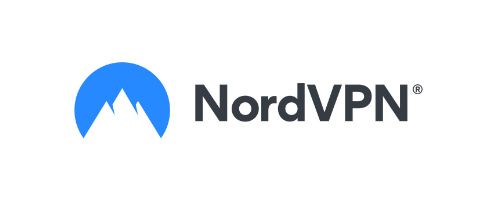
NordVPN Special Deal
Get VPN protection from NordVPN, one of the most reliable VPN companies in the world, for just $3.99/month!
✅ Possibly, the best Double VPN implementation.
✅ Over 5000 servers in 60 countries.
✅ VPN split tunneling support.
Do VPNs track you?
The answer to this question is not a simple one. It depends on the VPN service you are using. Some VPN providers keep extensive logs of their users’ activity, while others claim to keep no logs at all.
If you are concerned about your privacy, it is important to choose a VPN provider that has a clear and concise privacy policy. This policy should state exactly what information is being collected and how it is being used.
For example, some VPNs will keep logs of user activity to troubleshoot issues or investigate abuse. However, these logs are typically deleted after a certain period. Other providers may sell your data to third-party companies for advertising purposes. This is especially true about the free VPN services.
The best way to protect your privacy is to use a VPN that does not track your activity at all. This type of VPN will keep no logs of your browsing history or any other information. While these providers are more difficult to find, they do exist.
Do your research and pick a VPN provider that has a clear privacy policy and does not track your activity. This is the best way to protect your online privacy.

Can a VPN owner see your history?
The short answer is yes, the owner of the VPN can see your browsing history and in most cases, they can also associate them back with you. However, there are a few things to keep in mind.
However, if you are using a reputable VPN service, the chances of your browsing history being seen by the VPN owner are slim. This is because most paid VPN providers have strict policies in place to protect user privacy.
In addition to that, some VPNs run all their operating systems in RAM-only mode, meaning that no logs are ever written to the hard drive because their servers do not use any hard drives. This is a great way to ensure that your browsing history cannot be accessed by anyone, including the VPN owner.

The Best VPN Deal You Can Find Anywhere!
Get a VPN that lets you use an unlimited number of devices, offers amazing security features and has an unbeatable offer!
82% off + 2 Months Free
- Unlimited Devices
- Ad & malware blocker
- Cookie pop-up blocker
- Two-Factor Authentication
- 24/7 support
- $2.49/Month!
Can your VPN traffic be monitored?
All internet traffic can be monitored by various entities – from your ISP, hackers, and even government entities. With a VPN, all of your internet traffic will use the VPN tunnel to access and browse the internet, and the traffic between you and the server is encrypted.
Simply put, all that someone sees you doing is connecting to a specific server. Since there are usually thousands of users using the same VPN server, it is nearly impossible to know which user was responsible for a certain amount of traffic. A third-party entity would need the logs of the server to determine who was doing what at a given time.
VPN traffic monitoring is possible, but in most cases, it is impractical or feasible. In addition, if you are using a reputable VPN service with strong security features, your data will be safe and secure.

How can a VPN connection be traced?
When you connect to a VPN service, you are assigned an IP from a particular server, that usually belongs to a VPN company or a technology company that is known to be associated with a VPN company. What this means is that your internet service provider or even government agencies know that you are connected to a VPN service.
Even when you use your own private VPN server, one can figure out if you are using it as a VPN based on your usage patterns.
This can or cannot be an issue depending on your larger context: location, privacy laws in your country or location, etc.
However, it would be pretty hard or almost impossible for anyone to figure out what you are doing online or which websites you are visiting while connected to a VPN service.
VPN connection tracing is possible, but it would require access to logs or packet sniffing tools, which most VPN providers don’t keep.

ExpressVPN Special Offer: 3 Free Months for our readers!
Get the best-rated VPN service in the world with a special offer just for the readers of PrivacyTutor!
Do VPNs steal data?
The primary goal of VPNs is to keep your data safe and secure. In most cases, VPN providers are cautious about not stealing or losing user data. When running a VPN service, reputation is more important than anything, and it only takes one data breach to ruin the trust and lose numerous customers.
What can happen, though, is for the VPN services to be hacked or, even worse, infected with spyware that will leak customer data to external parties.
VPNs do not steal data, but there are some risks associated with using them. Always make sure you’re using a trustworthy and reliable VPN service provider.

Can VPNs monitor internet activity?
Yes, VPNs can monitor your internet activity, but it is not their primary goal. In most cases, they will not log anything at all, or if they are required by the law, they will only record the minimum amount of data that is needed for them to run their services legally.
VPN providers are allowed to keep logs under the law in many jurisdictions, but they are not required to do so.
Can the VPN traffic be decrypted?
VPNs use a variety of different types of encryption. The most common type of encryption is 256-bit AES, which is considered to be strong. In addition, VPNs also use SSL/TLS and IPsec for encryption.
Some VPNs are using 2048-bit RSA keys for encryption which is considered to be almost impenetrable, or even double encryption which makes it even harder to decrypt the traffic.
It is theoretically possible to decrypt VPN traffic, but it’s impractical because it would require a lot of effort and resources to do it.
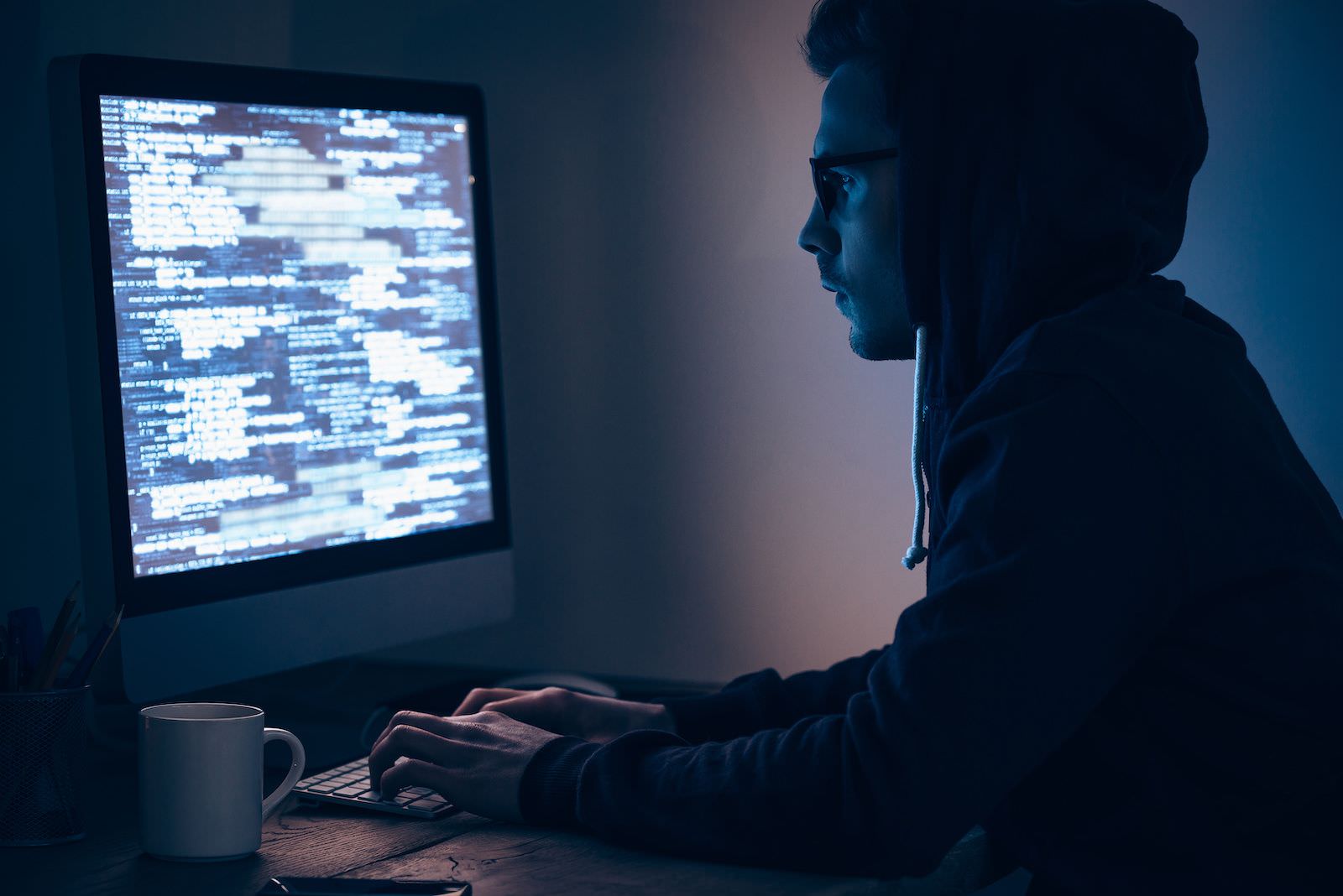
Can the VPN traffic be sniffed?
Traffic sniffing is the process of intercepting and reading packets on a network. This can be done through several methods, such as using a tool like Wireshark, or by attaching to a port on a router.
When traffic is sniffed, all the data that is passing through that particular network can be read. This includes everything from passwords to website URLs.
Traffic sniffing can be a valuable tool for network administrators, but it can also be used by hackers to steal information.
However, when someone tries to sniff VPN traffic, they will only see encrypted data because VPNs use a variety of different types of encryption. This is precisely why VPNs are so great at protecting one’s privacy, especially when using public Wi-Fi.

Special VPN Deal
Get VPN protection from NordVPN, one of the most reliable VPN companies in the world, for just $3.99/month!
Can VPNs track incognito browsing?
Incognito browsing is a feature that is built into browsers that allow users to browse the web without leaving any traces of their activity. This means that history, cookies, and other data are not stored on the computer.
However, that traffic is still visible to your internet service provider, or a VPN if you are connected to a VPN server. The incognito mode is only helpful in making sure no data is saved on your computer from your browsing session, but it does nothing to prevent someone from tracking your internet traffic.
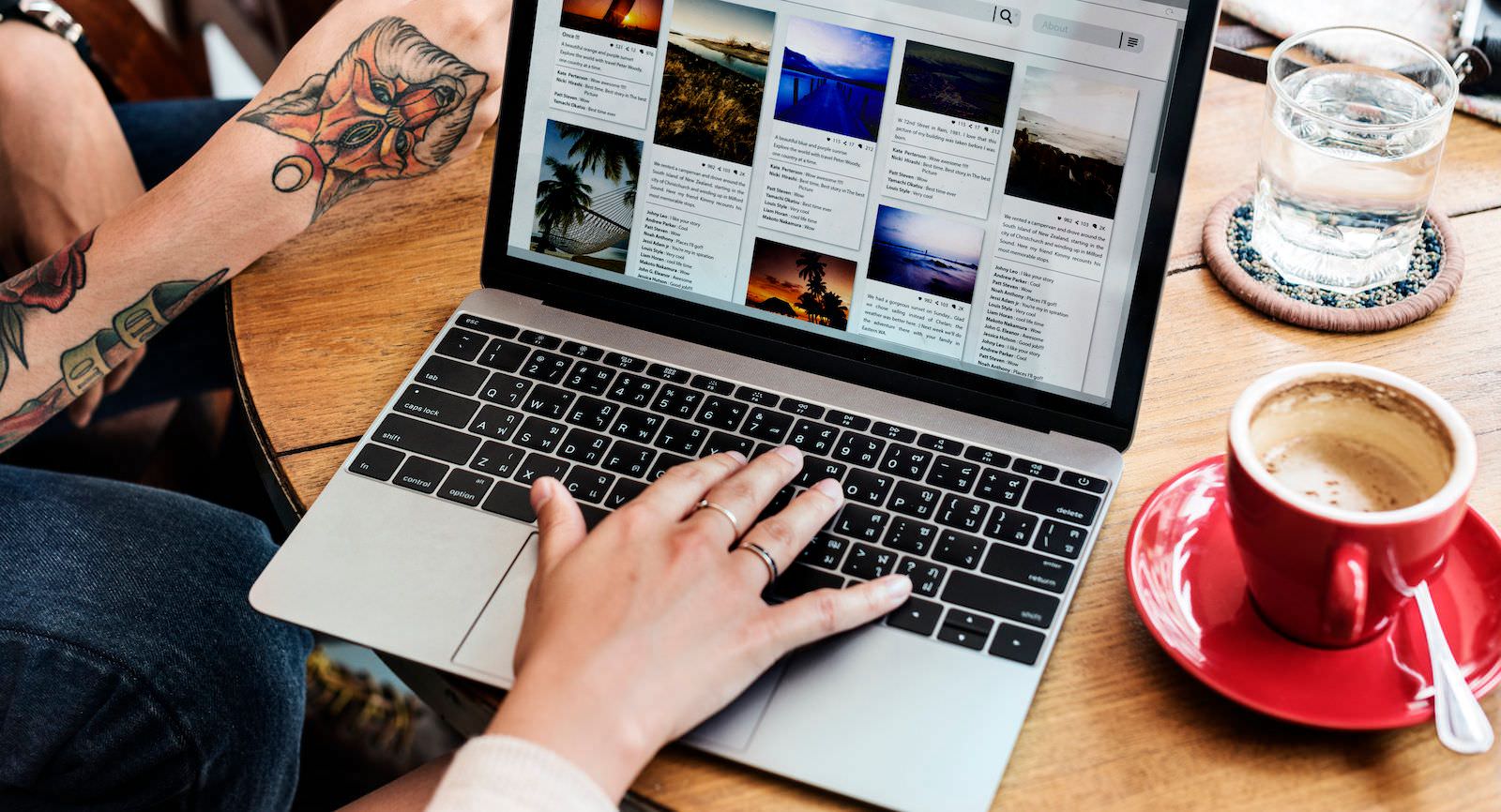
Can the VPN users be tracked?
Yes, VPN users can be tracked, but it is difficult to do. When you connect to a VPN server, your traffic is routed through that particular server. This means that the IP address that is associated with your traffic is the IP address of the VPN server and not your own.
This makes it difficult for someone to track you because they would need to know the IP address of the VPN server, which is not always easy to obtain.
In addition, many VPN providers are using Shared IP addresses, which means that several users are sharing a single IP address. This makes it even more difficult to track individual users.
However, when you browse the internet, you will be tracked by advertisers and other third-party websites. This is because your IP address is visible to them, even if it is the IP address of the VPN server.
To avoid being tracked and monitored, even with your VPN connection active, make sure you use a privacy-focused browser, like Brave, or install privacy-enhancing browser plugins that will not just block ads but will also block trackers and prevent fingerprinting.
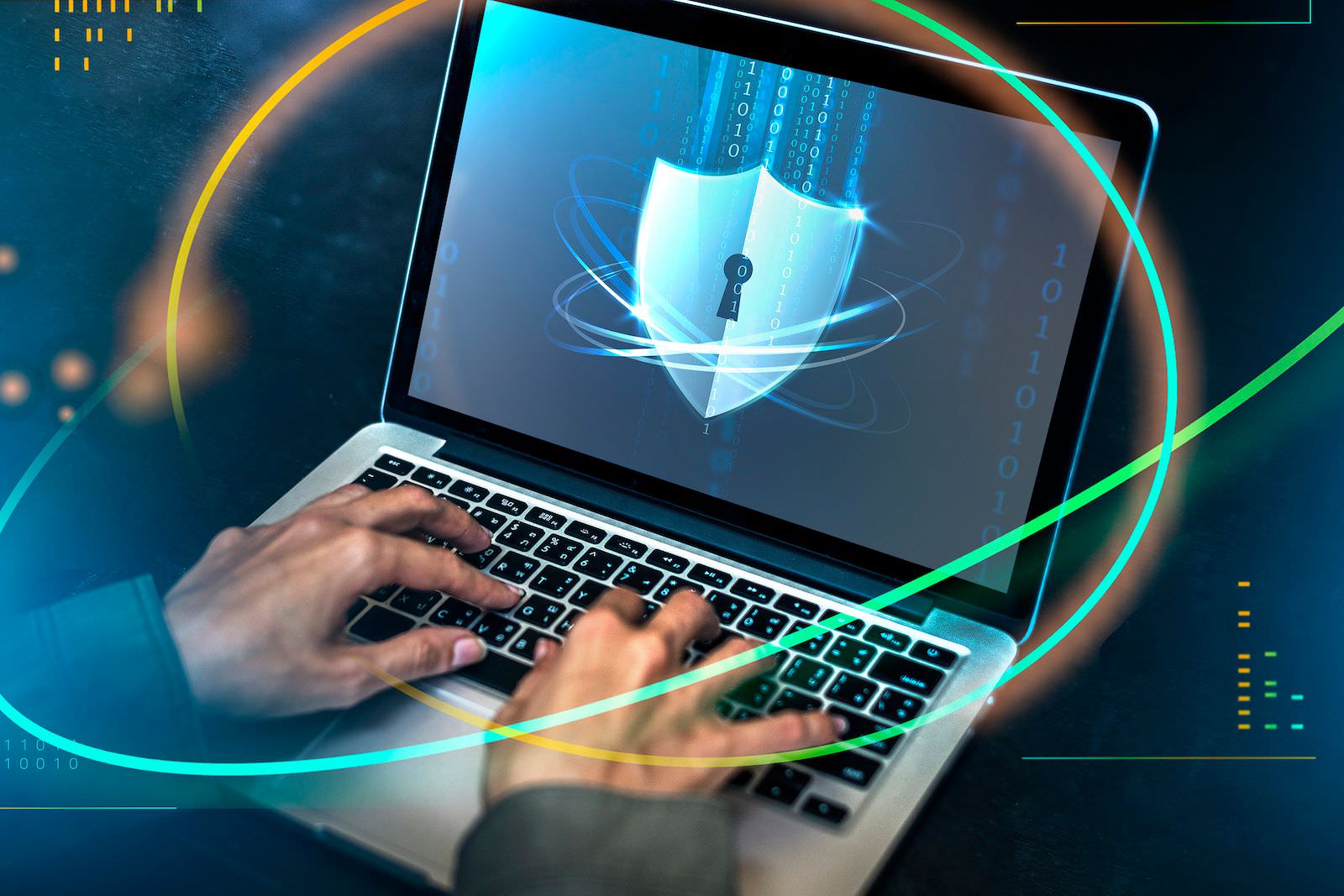
How to prevent a VPN from tracking your history?
Use a no-logs VPN
The best way to prevent a VPN from tracking your history is to use a VPN that does not keep logs.
A no-logs VPN will not track or monitor your online activity or browsing history. This means that even if someone were to obtain the logs, there would be nothing to see.
Multi-hop VPN connection
Another way to protect your privacy is to use a VPN with a multi-hop connection.
A multi-hop VPN uses multiple servers, which creates an extra layer of security and makes it more difficult for someone to track your traffic.
Use a double VPN strategy
Another way to protect yourself is to use a double VPN strategy.
This means that you would connect to two different VPN servers, which would encrypt your traffic twice. This makes it very difficult for someone to track your activity or browsing history.
Final thoughts
VPNs are a great way to protect your privacy online, but they can also be used to track your activity. In this article, we have looked at how VPNs work and how they can be used to track users. We have also discussed ways in which you can protect yourself from being tracked by a VPN.
It is important to keep in mind that no method is 100% foolproof, but using a combination of these methods should help you keep your browsing history private.

